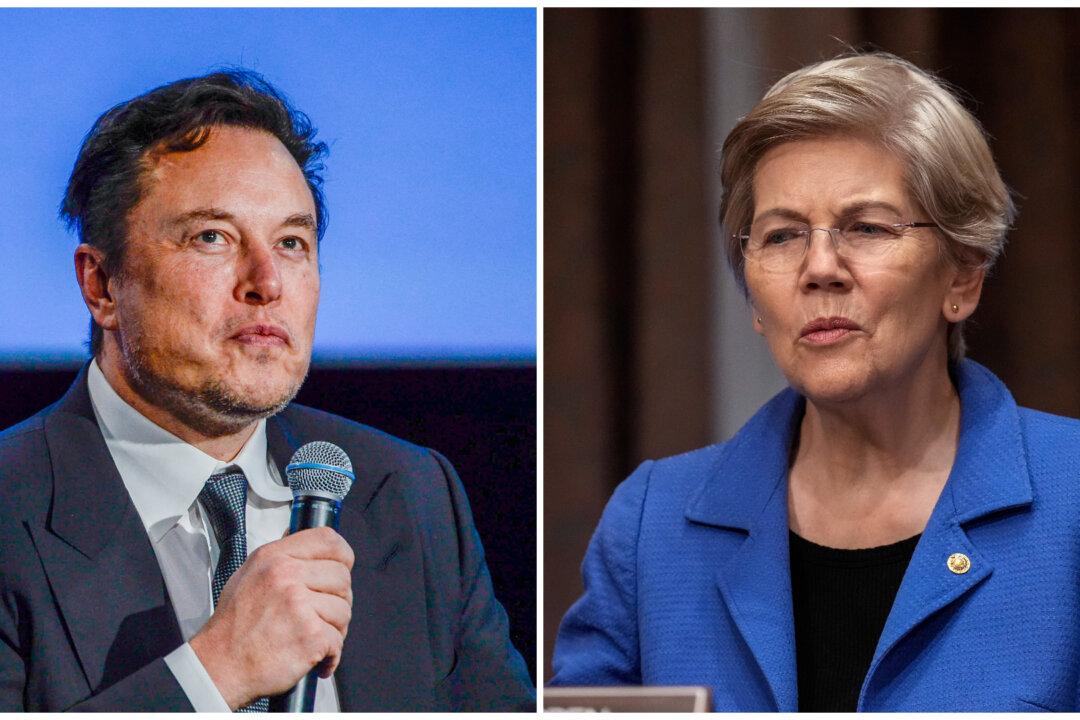Twitter filed a request to subpoena communications between Sen. Elizabeth Warren (D-Mass.) and the U.S. Securities and Exchange Commission (SEC) and Federal Trade Commission (FTC), escalating a legal battle surrounding the social media company’s human resource practices after Elon Musk bought out the company.
Twitter’s subpoena request comes as a response to a letter Ms. Warren sent to the SEC on Monday, July 17, asking it to investigate another business entity owned by Mr. Musk, the Tesla electric car company. Ms. Warren wrote (pdf) that Mr. Musk’s control over Twitter and Tesla “raised concerns about conflicts of interest, misappropriation of corporate assets, and other negative impacts to Tesla shareholders.”





